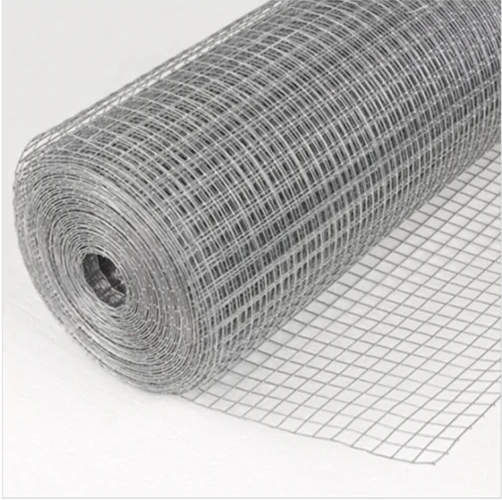Exploring the Versatility and Applications of Metal Mesh in Modern Engineering and Design Solutions
The Versatility and Applications of Metal Mesh
Metal mesh has emerged as a critical component in various industries due to its unique properties and versatile applications. This innovative material is composed of interconnected metal strands that form a grid-like structure. The production of metal mesh can involve different metals such as stainless steel, aluminum, copper, and others, each offering distinct benefits that cater to specific needs across diverse sectors.
One of the most notable advantages of metal mesh is its strength and durability. These characteristics make it ideal for applications requiring robust structural integrity, such as in construction and manufacturing. In buildings, metal mesh is commonly used as reinforcement in concrete, providing additional support that enhances the overall strength of structures. Additionally, it is often utilized in facades and balustrades for safety and aesthetic purposes, allowing for air circulation while maintaining a secure environment.
Another significant application of metal mesh is in filtration and separation processes. In industries ranging from food processing to pharmaceuticals, metal mesh serves as a filter to separate particles from liquids and gases. This ensures that products meet quality standards and enhances operational efficiency. The fine mesh can trap contaminants while allowing the passing of necessary materials, making it an invaluable tool in maintaining cleanliness and product integrity.
Metal mesh is also widely used in the automotive and aerospace sectors
. It can be found in components such as grilles, screens, and various heat shields, where it helps dissipate heat and improve airflow. Its lightweight yet strong nature contributes to the overall efficiency of vehicles and aircraft by reducing weight without compromising safety. Furthermore, the aesthetic aspects of metal mesh allow for unique designs that appeal to modern consumer preferences, making it a popular choice in interior design and vehicle customization.metal mesh

In the electronics industry, metal mesh plays a critical role in the production of printed circuit boards (PCBs). The mesh allows for improved electrical conductivity and serves as a protective barrier against electromagnetic interference. This is particularly important in today's world of rapid technological advancement, where the miniaturization of components demands materials that can perform both effectively and efficiently.
Furthermore, metal mesh offers versatility in terms of customization. It can be manufactured in various sizes, shapes, and patterns to meet specific requirements, which is particularly important in specialized applications. This adaptability means that designers and engineers can harness the unique properties of metal mesh to create tailored solutions for their projects, thereby enhancing innovation across fields.
Another emerging application of metal mesh is in the realm of sustainability. With the growing emphasis on eco-friendly practices, metal mesh can be seen as a sustainable alternative in several applications. Its recyclability and the potential to be reused in multiple ways align with the principles of a circular economy, making it an attractive choice for environmentally conscious industries.
In conclusion, metal mesh is a versatile and invaluable material that has found its way into a plethora of applications across various industries. Its strength, durability, and adaptability make it essential for construction, filtration, automotive, aerospace, electronics, and even sustainability initiatives. As technology continues to evolve and industries seek innovative solutions to complex challenges, the importance of metal mesh is likely to grow, paving the way for new applications and advancements that leverage its remarkable properties. Through its diverse uses, metal mesh not only enhances functionality but also contributes to the design and efficiency of products and structures in our modern world.
-
Space-Saving Chain Fence Hacks Vertical Gardening with Cyclone MeshNewsJul.16,2025
-
Innovations in Iron Nail Wire Production for Modern ConstructionNewsJul.16,2025
-
Creative Uses of Wire Netting Fence in Modern Landscape DesignNewsJul.16,2025
-
Barbed Wire Fence Innovations in Anti-Climb TechnologyNewsJul.16,2025
-
Architectural Uses of Umbrella Nails for Aesthetic Roof DesignsNewsJul.16,2025
-
Architectural Uses of Razor Barbed Wire in Secure Urban DesignNewsJul.16,2025




